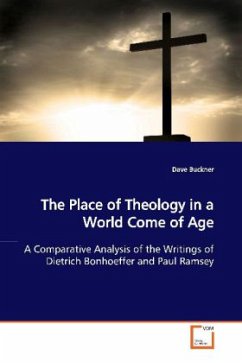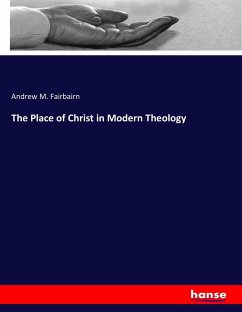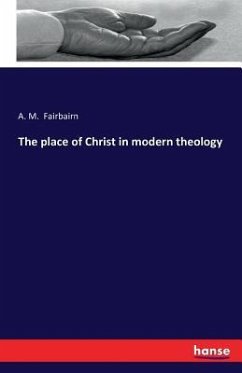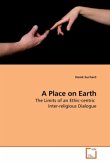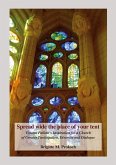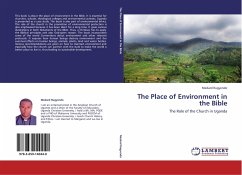As the twentieth century dawned in the western world,
there were voices both inside and out of the
Christian Church that began to question religion s
central place in man s daily life. Had humanity
finally progressed to the point where religion was no
longer necessary? Had we at long last developed the
characteristics and perspectives that religion had
attempted to ingrain within us? Or were the
rules and regulations of organized religion stillneeded to ensure the continued advancement of
civilization? This is a study of two opposing voices
in that debate: theologian Dietrich Bonhoeffer and
ethicist Paul Ramsey. It endeavors to examine,
explain, and expound upon the philosophies of both
men in an effort to more fully understand their
theological perspectives and the implications each
has for civilization and religion as we move now
firmly into the twenty-first century and beyond.
Although an enjoyable and informative read for anyone
interested in the fields of systematic theology,
ethics, or religious history, this book is intended
to serve primarily as an introduction to the study of
theology within the context of the many social and
political upheavals of the twentieth century.
there were voices both inside and out of the
Christian Church that began to question religion s
central place in man s daily life. Had humanity
finally progressed to the point where religion was no
longer necessary? Had we at long last developed the
characteristics and perspectives that religion had
attempted to ingrain within us? Or were the
rules and regulations of organized religion stillneeded to ensure the continued advancement of
civilization? This is a study of two opposing voices
in that debate: theologian Dietrich Bonhoeffer and
ethicist Paul Ramsey. It endeavors to examine,
explain, and expound upon the philosophies of both
men in an effort to more fully understand their
theological perspectives and the implications each
has for civilization and religion as we move now
firmly into the twenty-first century and beyond.
Although an enjoyable and informative read for anyone
interested in the fields of systematic theology,
ethics, or religious history, this book is intended
to serve primarily as an introduction to the study of
theology within the context of the many social and
political upheavals of the twentieth century.

